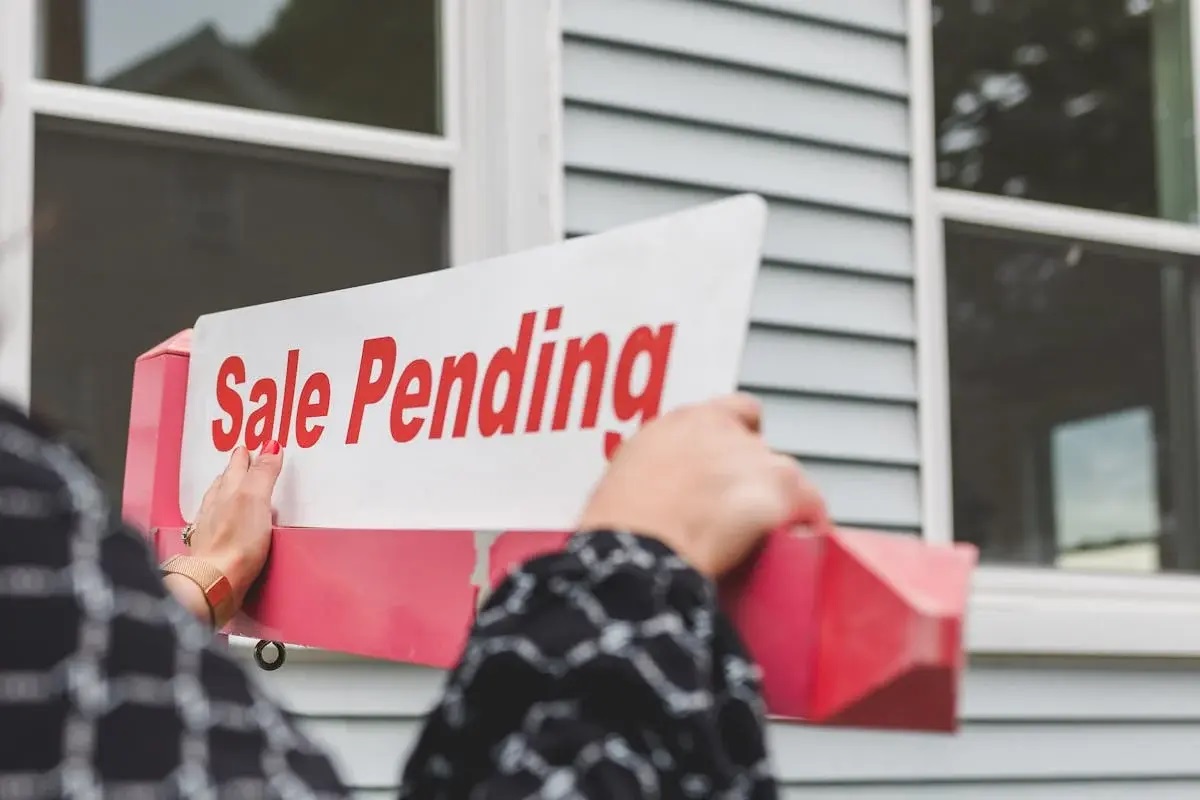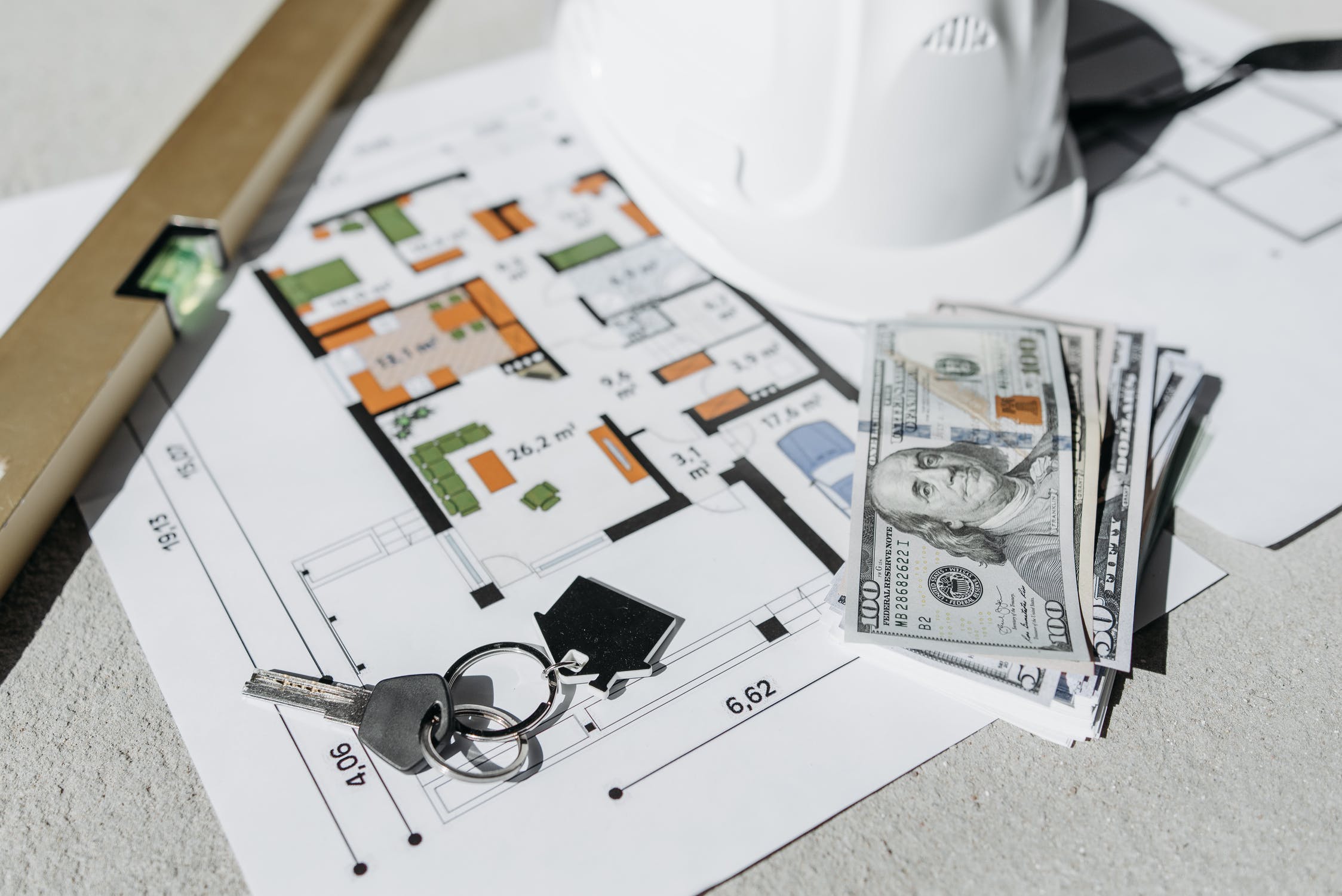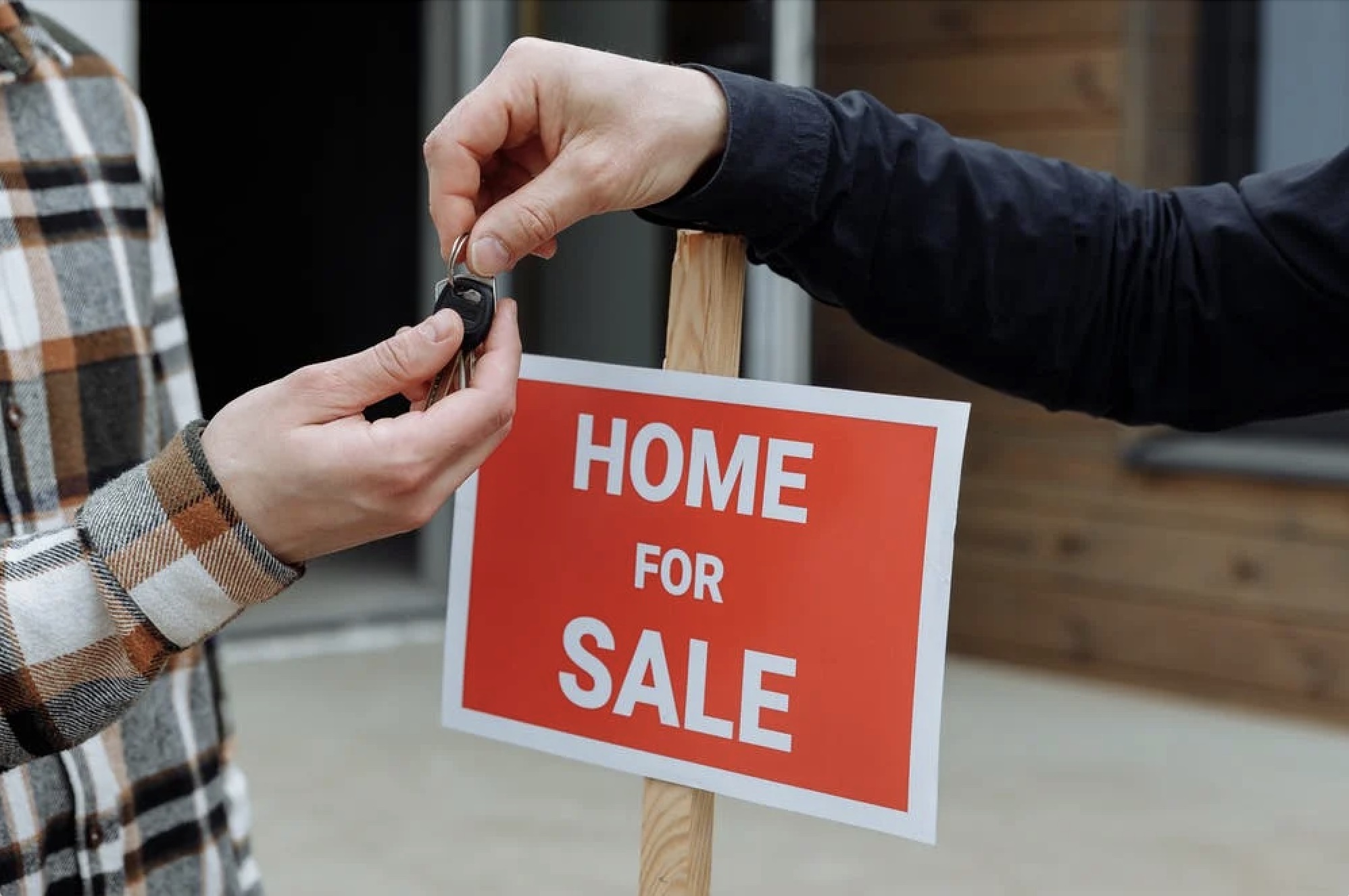
An honest, helpful seller means a happy appraiser
___
Published Date 9/29/2023
If you’ve just sold your home, it’s logical you’d want your home to appraise at the accepted price, as do your buyers. But buyers don’t have the job of furnishing the appraiser with information about your home. The appraisal, however, is a piece of the selling process where you may have to let go of the reins, according to Realtor.com’s Jamie Wiebe.
“Lenders often require the use of their own, FHA-approved home appraiser. That means you get zero say in who’s determining the financial value of the home you’ve lived in, loved, and sunk your savings into.” Wiebe goes on to name a few things sellers can do (and not do), however, to navigate the process of home appraisals.
First off, remember that appraisers aren’t magicians, He or she won’t know what your home is worth the second they walk in the door. PA-based appraiser Michael Coyle says, “People think we know the value of the property as soon as we see it.” That’s not the case. So it’s wise to learn a bit about the home appraisal process so you’ll understand how your home’s value is determined.
The appraiser pulls comparable listings (called “comps”) from the nearby area — homes that are similar in style, location, age, and square footage sold within the past few years. Next, they will come by your house to determine its condition and quality, as well as any other factors that would affect the cost of the home, and use that information — along with the comps — to make an accurate assessment. This process usually takes at least a few days — definitely more than a few hours.
Keep in mind that appraisers are not “judgy.” It’s not about how clean your home is, although it’s best to clear up piles of things so they can more accurately judge size. Simply declutter, dust, and mop to show your home in its best light, as if you’re having an open house. While appraisers won’t typically devalue your home because it’s messy—a neat, organized home can help streamline their efforts. They are human, after all.
Make sure the occupants of your home are prepared for the appraiser’s arrival, including teenagers who tend to stay holed up in their rooms, says Wiebe. Oh. And make sure everyone’s clothed. Small detail.
Most appraisers will ask for paperwork with information about the home to be furnished upfront, either directly or through the lender or broker. Have on hand a list of major improvements as well as detailed info about the age and condition of the roof, HVAC systems, and major appliances. For any DIY projects, make sure you have the original permits. Non-permitted improvements are prohibited from being used for value in most cases.
“My favorite customers are the ones who have all the information ready for me,” says one appraiser Wiebe consulted with. “There’s nothing worse than an appraiser pulling comps for a 1,200-square-foot 1920s Cape Cod–style house, only to realize on the day of appraisal that your primary bedroom addition adds an additional 500 square feet. It just plain messes up values, and that means more work—and more time before a final assessment can be reached.” Best advice? Full disclosure. Hand it all to them on a silver platter: a neat, gorgeous house, shown in its best light and all the things that are awesome about it.
Looking for return-on-investment dollar-for-dollar valuations for that remodeled kitchen, bathroom, or new backyard deck? Don’t be surprised if your updates don’t proportionally raise your home’s market value when it comes to your home appraisal. Your appraiser will use moderation in assuming how much your state-of-the-art cooktop will add directly to the worth of your house. If you spent $60,000 on a new kitchen, you’re likely to see only a fraction of that returned in value. Same for a new pool, unless you live in a locale where pools are common.
As for finished basements, don’t hold your breath. Most home appraisers use prescribed standards for measuring the square footage of a home, which excludes any rooms below grade. That doesn’t mean your basement has no value. It just means it doesn’t technically add to the size of your house value-wise.
Your agent can be your guide in all this, helping you take a realistic look at what your home actually offers. Wiebe asks, “Are you including the basement square footage in the total? Are you hoping no one will notice your roof isn’t new? Preparing yourself ahead of time with a pragmatic estimate will ease the appraisal process. And above all else, make sure not to fudge the numbers.”
Fudging is referred to as “puffery” — an epidemic particularly rampant in areas where the assessor’s information isn’t accessible online. Because most buyers are not privy to your home’s blueprints, it’s tempting to pad some square footage here and there. Think your appraiser won’t notice? It’s his or her job to notice. And when that happens, you create more work for them (they’re not happy), because they have to go to the office and pull 20 or 30 comps.
So keep your appraiser happy. Truth and kindness always win out.
Realtor, TBWS
All information furnished has been forwarded to you and is provided by thetbwsgroup only for informational purposes. Forecasting shall be considered as events which may be expected but not guaranteed. Neither the forwarding party and/or company nor thetbwsgroup assume any responsibility to any person who relies on information or forecasting contained in this report and disclaims all liability in respect to decisions or actions, or lack thereof based on any or all of the contents of this report.
Superior Funding Corporation is a Massachusetts Mortgage Company. Massachusetts Mortgage Lender and Broker License: MC2972, NMLS ID: 2972.


Roman Shulman
Mortgage Professional
NMLS: 11481
Superior Funding Corporation
343 Washington Street, Newton MA
Company NMLS: 2972
Office: 617-938-3900
Email: rshulman@sfcorp.net
Web: http://sfcorp.net

Roman Shulman
___
Mortgage Professional
NMLS: 11481
Last articles
___

March durable goods orders exceed expectations even as February’s orders revised significantly lower
4/24/2024
March durable goods orders expected +2.3%, increased 2.6% but February orders we... view more

Never underestimate the value of professional real estate agent representation
4/22/2024
Click the link; buy a sofa. Click on another; buy a pergola for your backyard...... view more

Markets see a minor rebound
4/17/2024
Overnight a little volatility but well within the narrow range, the 10 year note... view more

Rate cuts in 2024? There’s no ‘there there’ quite yet
4/15/2024
Inflation jumped in March, giving the U.S. Federal Reserve ammunition to hold of... view more

Markets experience major setback on higher than expected CPI
4/10/2024
The day the world awaited, March CPI. Prior to the 8:30 am ET release the 10 yea... view more

Contradiction of robust job growth and a sluggish housing market isn’t over yet
4/8/2024
For the past few years, fears of a recession have been fickle, teasing us at eve... view more

The ADP Private Jobs report was much stronger than expected
4/3/2024
US financial markets continue to reel over the concerns the Fed may withhold the... view more

2024 remodeling trends? A new sink instead of a new bathroom
4/1/2024
It was just a few years ago when mask-wearing homeowners lined up at the big box... view more

Volatility remains low
3/27/2024
Markets started the day fractionally better, the 10 year note at 8 am ET 4.22% -... view more

NAR settlement may mean commission rebates if you recently sold your home
3/25/2024
While agents are still sorting out what all this means for their business, the m... view more
Load more
 Superior Funding Corporation
Superior Funding Corporation






































